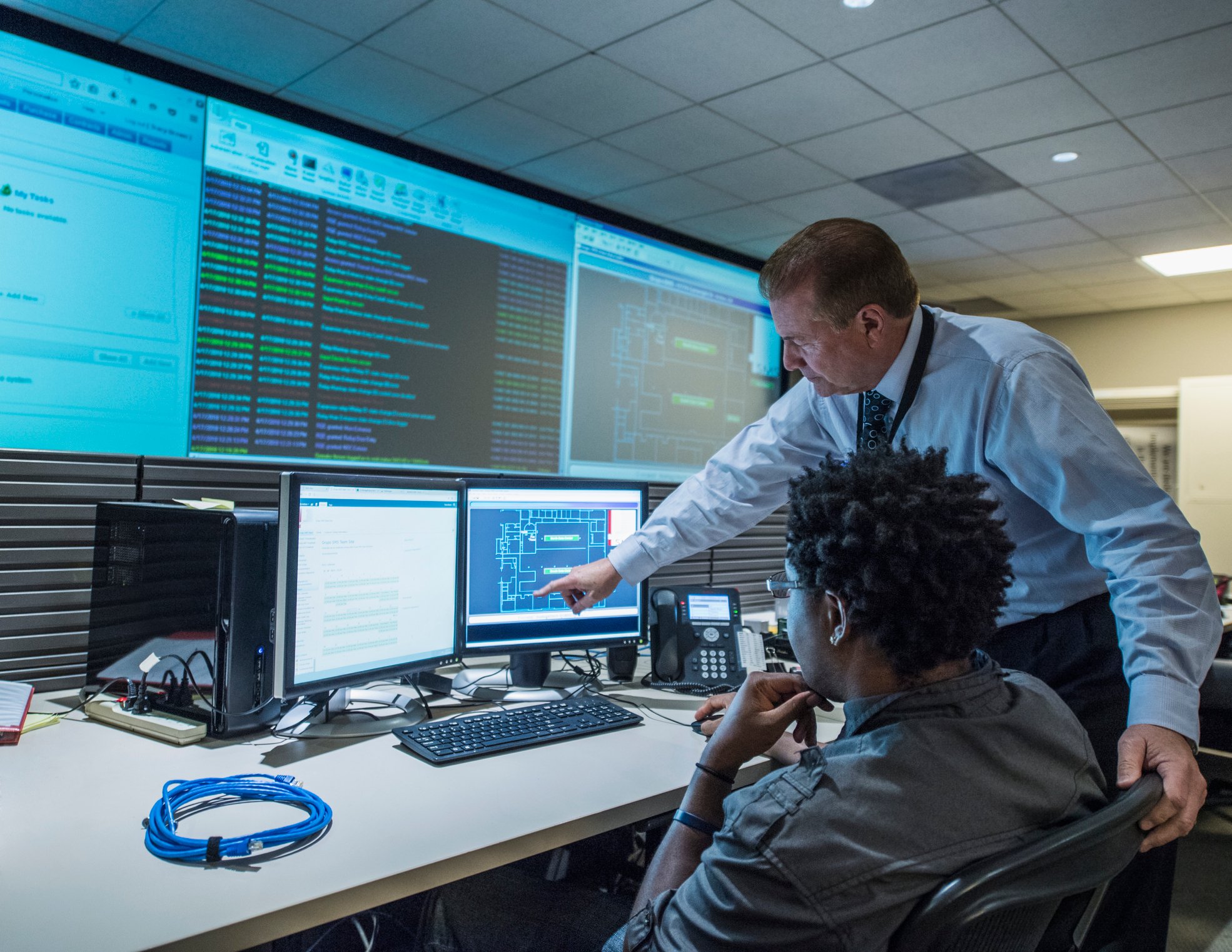When Kevin Mandia was promoted to the CEO of FireEye (FEYE +0.00%) in June 2016, he inherited quite a challenge. His promotion was announced with the 2016 first-quarter earnings report, as FireEye had three pieces of bad news: missed revenue, missed earnings, and a lowered revenue outlook for the year.
The stock had lost almost 70% of its value over the previous year due to slowing growth and continued lack of profitability. The outgoing CEO, Dave DeWalt, had led FireEye through its IPO, and orchestrated the acquisition of four cybersecurity firms, including Mandiant. It was thought that, with DeWalt at the helm, FireEye could be a takeover target, as DeWalt had a history of leading companies through buyouts. With DeWalt out of the CEO role, the hope of a suitor for FireEye was dashed.
Now, with Mandia leading the charge at FireEye, investors are asking who he is, and more importantly, can he execute a successful turnaround?
It turns out that everything Mandia has done up to this point has prepared him for his new role, from his background in the Air Force to starting Mandiant, and overcoming numerous challenges along the way. As CEO, Kevin Mandia has a two-point plan for FireEye, and it's starting to pay off.

Image source: Getty Images.
Mandia's start in cybersecurity
Mandia has always been a computer geek and interested in fighting crime. In 1990, when Kevin was in the 9th grade, his favorite things were working on his TRS-80 computer and watching Quincy M.E. He attended Lafayette College on an Air Force ROTC scholarship and graduated with a degree in computer science. In 1993, he started working at the Pentagon in computer security.
While working full time, he earned a Master's degree in forensic science, which helped him develop the foundation required for a career in cybersecurity. He left the Air Force in 1998 to join the corporate world, and served as Director of Information Security for Systex Corporation, and Director of Computer Forensics at Foundstone. While at Foundstone, Kevin co-authored two books on responding to cybersecurity incidents.
Mandia -- who describes himself as being "incorrigible and unmanageable" -- went out on his own to start a company that would, in his words, "respond to every security breach that mattered."
Mandiant
Instead of a business plan, Mandia started Mandiant with two lists: one of potential customers, and one of potential employees. Mandiant was able to land every one of those customers, and Mandia hired all but one on his list of employees. Mandiant quickly became known as the company to call when you had a cybersecurity breach.
Soon after Mandia started his company, he was diagnosed with testicular cancer. He describes the experience as, "I went to treatment every morning, threw up, and went back to work." Mandia is cancer free today and nothing seems to stop him from living up to the sign in his office at Mandiant: "Find evil and stop crime."
In 2013, Mandiant published "APT1: Exposing One of China's Cyber Espionage Units," which provided evidence that the Chinese military was systematically carrying out cyberattacks on the United States. The report launched Mandiant on an international stage and Mandia on the cover of Fortune magazine.
Over nine years, Mandia built Mandiant into a $100 million dollar revenue business and attracted the attention of FireEye. In December 2013, FireEye purchased the company for just over $1 billion, and Mandia became Executive Vice President and Chief Operating Officer of FireEye. Two-and-a-half years later, he became FireEye's CEO.
Mandia's plan for FireEye
Mandia's plan is twofold: right size the cost structure and transform FireEye's product portfolio to a single platform that's delivered via the cloud. I've previously covered this product transition and its potential impact to FireEye's financials.
In the latest earnings call, Mandia discussed the progress the company is making toward these goals: "I believe our dedicated pursuit of both profitability and innovation will result in growth and will enable us to fulfill our mission to our customers and it allows us to provide increased value to our shareholders."
There's evidence that this turnaround is starting to take hold, but there's certainly more to be done. The company remains unprofitable and faces increasingly tough competition from industry rivals such as Palo Alto Networks and heavyweight tech titans trying to make a name for themselves in cybersecurity, such as Cisco and Microsoft.
Mandia's plan is more like a mission
Why would Mandia stay at a company with the stock price cratering and so much work to do? In an interview shortly after he became CEO, he was asked why he stayed at FireEye after his contract was up from the Mandiant deal. Mandia replied in his usual hard-charging way.
Committed to mission, committed to people. But I've always felt we have the pieces at FireEye to be the best security company and we gotta make sure we bring this together. If we can't do this here, there's nowhere else that can do it. This is the best opportunity I'll ever have to see mission accomplished... We gotta a lot of work to do, the pieces are here. I would not want to be up against us... I would not want to be on the other side looking at us, because we are just going to mow them down. So that's what kept me here, knowing we can win, with a few adjustments here and there, we can win.
Now that's the kind of CEO I want leading FireEye's turnaround.






